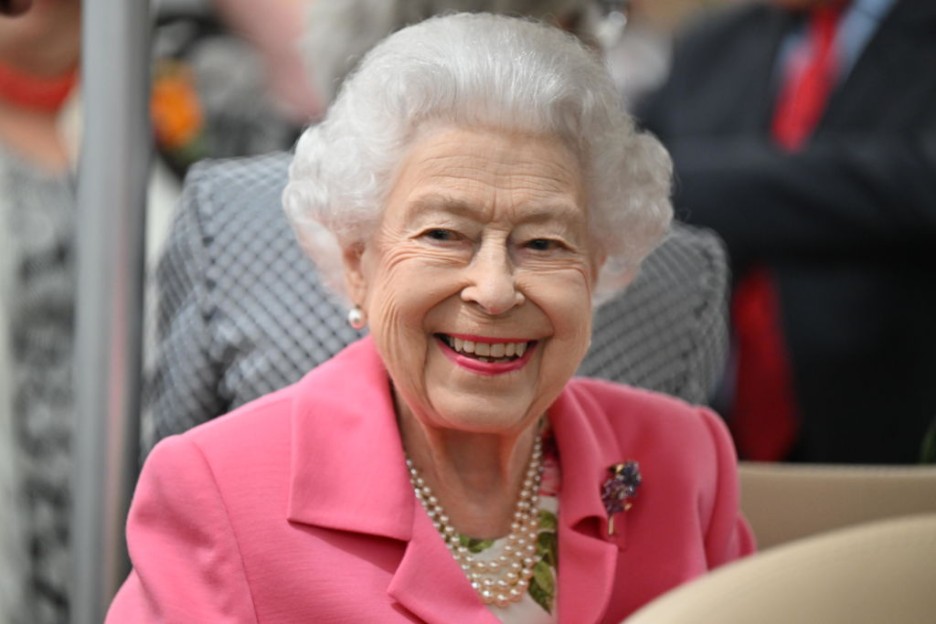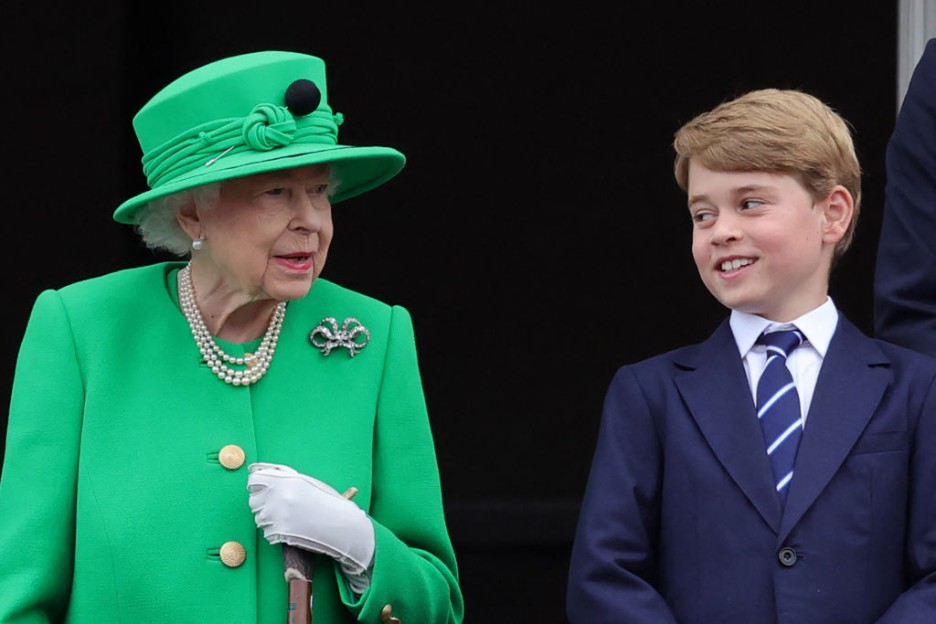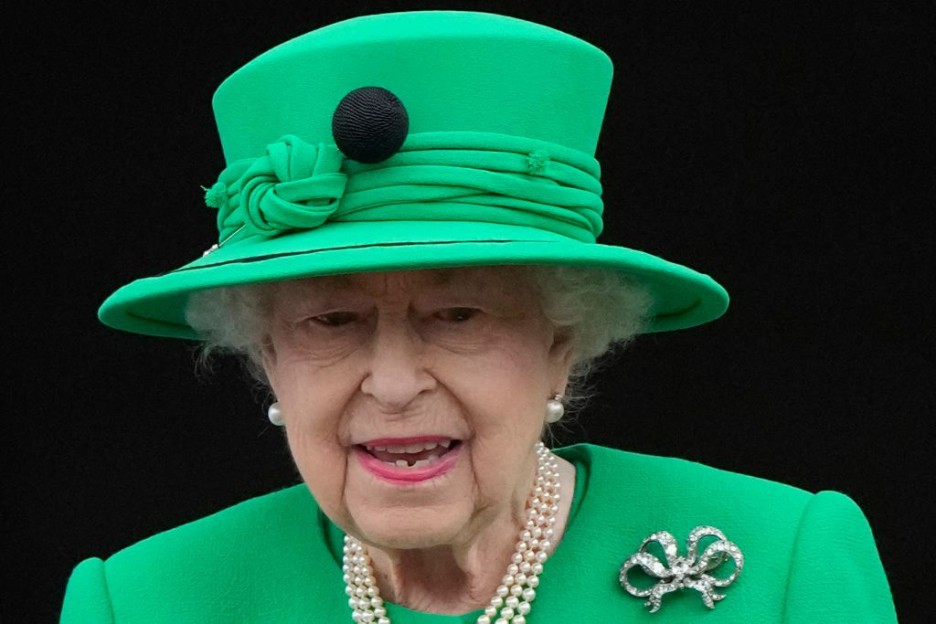Queen Elizabeth Dead: Longest-Reining Monarch's Cause of Death Unclear, Prince Charles Now King

After years of writing about it or envisioning it happening by news outlets worldwide, given the Queen's age and the length of her reign, the sad thing has happened - Queen Elizabeth has passed away. And suddenly, everyone is at loss for words.
This is the Queen that has survived COVID-19 and all sorts of crises, after all. Everyone thought in their back of their minds that she might even reach a hundred.
Queen Elizabeth II, the longest-reigning queen in British history, has passed away. Her devotion to royal tradition and fortitude in the face of family scandals won her the affection of generations of Britons. She was 96 years old.

Doctors were "concerned for Her Majesty's health," Buckingham Palace revealed Thursday, prior to the death of the revered monarch. She was also compelled to cancel numerous public appearances, including summertime events commemorating her 70-year reign.
As deemed by experts, it is her eldest son Charles, 73, who automatically becomes king of the United Kingdom and the head of state of 14 other realms including Australia, Canada and New Zealand.
The queen is survived by four children, eight grandchildren, and seven great-grandchildren, many of whom rushed to her side when her illness worsened at her Balmoral residence in Scotland. Elizabeth became the longest-reigning queen of the United Kingdom on September 9, 2015, surpassing her great-great-grandmother Queen Victoria.

According to the Royal family, the Queen died quietly in Balmoral. In addition to her colorful hats and adored corgis, the Queen will be best remembered for keeping the institution of the monarchy alive and thriving into the 21st century, according to experts. Princess Elizabeth Alexandra Mary was born on April 21, 1926, in London to the then-Duke and Duchess of York, who were then known as the Duke and Duchess of York.
As the daughter of King George V's second son and third in line for the throne, no one anticipated that she would ever become queen. She lived a wealthy, privileged, and renowned upbringing. Elizabeth, lovingly known as "Lilibet" to her family, was able to experience a measure of freedom throughout her formative years, prior to her sudden ascension to the royal ranks.

She is credited with rejuvenating the monarchy by embarking on a seven-month global tour shortly after assuming the throne and facilitating the transition of the British Empire into the Commonwealth of Nations. Even when more African and Caribbean countries decolonized in the 1960s and 1970s, she traveled extensively throughout the Commonwealth.





